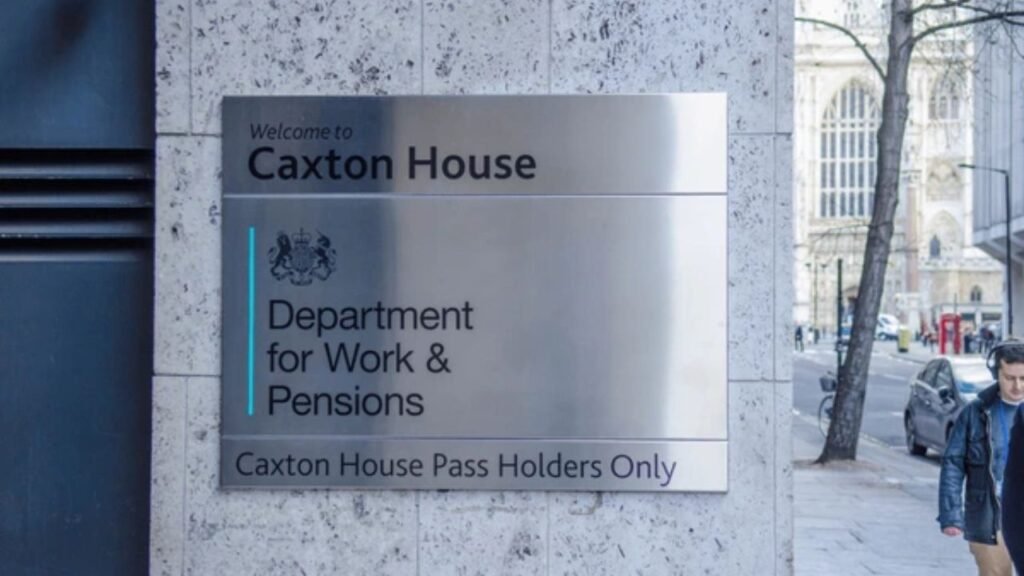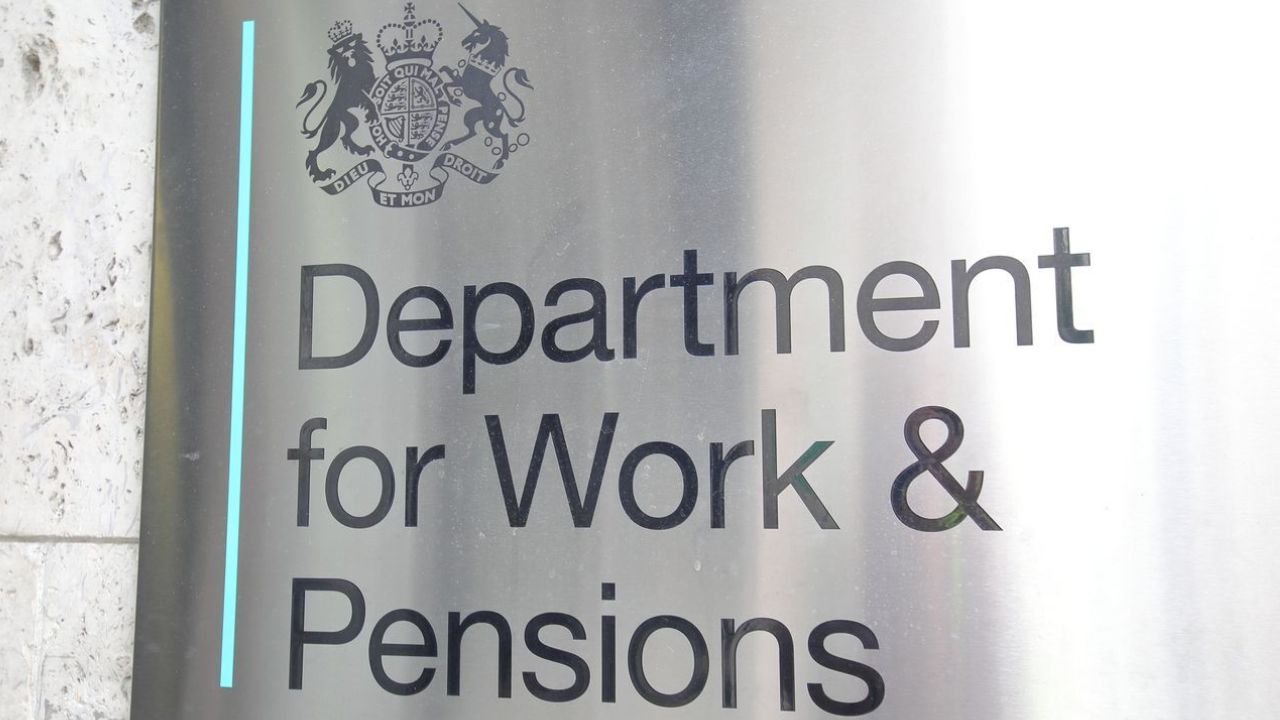The cost of living crisis in the United Kingdom has left millions of households under pressure, with food prices, rent, and energy bills still far higher than they were just a few years ago. While inflation has begun to ease compared to 2022 and 2023, wages and pensions have not risen enough to keep pace. To provide much-needed support, the Department for Work and Pensions (DWP) has confirmed that eligible households will receive a £500 Cost of Living Payment in 2025. This one-off payment is intended to help families and pensioners manage the continued strain of rising expenses.
Why the Payment is Needed in 2025
Although energy prices have dropped from their peak levels and overall inflation has slowed, the reality for many people is that their day-to-day costs remain unmanageable. Food bills are still nearly a fifth higher than before the crisis began, while mortgage repayments and rents continue to set records. Pensioners and low-income families, in particular, feel the greatest impact as their fixed incomes cannot stretch to cover essentials. The government recognises that these groups remain at risk, which is why targeted support will continue into 2025 in the form of the £500 payment.
Who Will Qualify for the Support
The £500 payment will not go to every household but will be directed at those most in need. Pensioners who receive Pension Credit will automatically qualify, while disabled individuals on benefits such as Personal Independence Payment, Disability Living Allowance, or Attendance Allowance will also be eligible. Low-income families claiming Universal Credit, Income Support, or Jobseeker’s Allowance are expected to receive it as well. Carers may qualify in certain cases. Importantly, those who are over State Pension age but not claiming Pension Credit will not automatically be included, meaning pensioners are strongly encouraged to check their entitlement and apply if eligible.
Payment Amount and Timing

The support comes as a single £500 lump sum, paid directly into the bank accounts of those who qualify. While this is less than the £900 package offered in 2023, the government argues that it reflects falling inflation and lower energy costs. Exact payment dates have not yet been confirmed, but based on past years, households can expect the first wave to arrive in spring, with a second round likely in the autumn. The money will appear in accounts in the same way as regular benefits or pension payments, making it simple to track.
How to Access the Payment
For most households, no application will be required. If you already receive an eligible benefit, the money will be transferred automatically to the same account where your benefits or pension are paid. However, new claims for benefits such as Pension Credit, if made before the qualifying date, can also make individuals eligible. This is why the government continues to stress the importance of checking entitlements, particularly for older people who may not realise they qualify for additional support.
Extra Help for Disabled People and Pensioners
Disabled individuals often face higher living costs, whether due to medical needs, heating requirements, or the use of specialised equipment. The 2025 payment acknowledges this reality by ensuring disability benefit recipients are included. For pensioners, the payment comes at a crucial time as fixed incomes are being eaten away by the high price of food and energy. Even though the amount may not cover every expense, it will provide some breathing room, especially during colder months when heating bills rise.
Concerns About Who Misses Out
One ongoing debate is whether the payments are reaching everyone who truly needs help. Many working families who do not qualify for means-tested benefits but still struggle with rising costs may be excluded. Critics argue that this creates a “squeezed middle,” left to cope without direct support. The government maintains that targeting the most vulnerable groups is the fairest approach, but discussions continue about whether broader, more permanent solutions might be needed in the future.
Safeguarding Against Scams
Each time the DWP announces new payments, scams tend to increase. Fraudsters often send texts, emails, or calls pretending to be from official agencies and requesting bank details. It is important to remember that these payments are automatic, and the government will never ask for personal banking information. Anyone unsure about a message should verify information directly on GOV.UK or through official DWP channels to avoid falling victim to fraud.
Looking Beyond 2025
The £500 payment is confirmed for this year, but its future remains uncertain. Some experts believe that one-off support schemes are not a long-term answer and that permanent increases to pensions and benefits would provide more stability. Whether the government continues these payments beyond 2025 will depend on the state of the economy, inflation levels, and political priorities. For now, the announcement gives struggling households reassurance that extra help is on the way.

